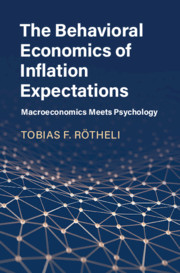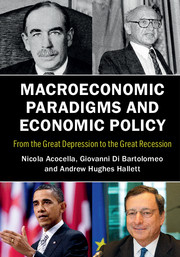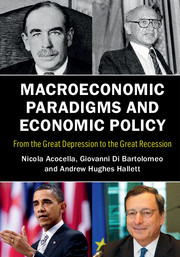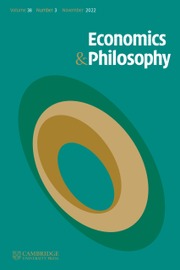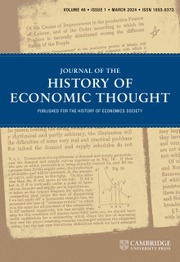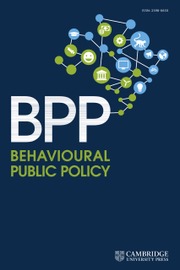Structuralist and Behavioral Macroeconomics
Mainstream macroeconomics is founded on the idea of perfectly rational representative agents. Yet there is a growing realization that economic theories based on such agents are inadequate guides to real-world decision making. The behavioural evidence has had significant impacts on microeconomics but the same cannot be said of macroeconomics. This book is part of the movement to do for macroeconomics what behavioural thinking has done for microeconomics. Using behavioural evidence and insights from Keynesian and institutionalist traditions, it presents an empirically grounded alternative to the paradigm that currently dominates macroeconomic theory. It highlights how dynamic interactions across markets can generate instability, endogenous cycles and secular stagnation. It fully engages with macroeconomic theory, provides a multi-faceted view that explains how and why it is time to rethink its foundations and offers a path forward.
- Presents an empirically grounded alternative to the contemporary orthodoxy Microeconomic assumptions that are based on behavioral evidence
- Facilitates dialogue between the traditions, enhancing the usefulness of the book as a graduate level text on macroeconomics
- Analyzes how interactions across markets can generate instability, endogenous cyclical fluctuations, and long-term stagnation
Reviews & endorsements
‘From work on the ‘power bias’ embodied in technological change to debates about the role of ‘conflict inflation’ in the post-pandemic environment, macroeconomists are (re)discovering ideas that have been central to Peter Skott’s research and teaching for decades. In this rigorous alternative to traditional DSGE-based textbooks, Skott offers advanced students and practitioners a sensible alternative macroeconomics, one that draws on both older traditions and his own influential research. It is an extraordinary achievement, with craft and erudition evident on every page. Peter Hans Matthews, Middlebury College
‘Structuralist and Behavioral Macroeconomics begins – as well it might – with a critique of the intertwined methodological shibboleths of modern macroeconomics: the omniscient representative agent and the ‘solution’ to the Lucas critique. What follows is a soup-to-nuts reconstruction of macroeconomic thinking that covers the familiar (Phillips curves, growth and cycles), the novel (power-biased technological change), and all points in between. Eschewing labels in favor of straightforward emphasis on good ideas, this book is a tour-de-force from one of the sharpest minds in contemporary macroeconomics.’ Mark Setterfield, New School for Social Research
‘Skott’s work provides a clear path forward for professional economists, traditional economics professors, and learners. The combination of tried-and-true economic thought and human behavior provides the groundwork for understanding many of today's issues. … Highly recommended.’ T. Chesebro, CHOICE
‘What is unique is the catalogue of formalisations dealing with the issues Skott identifies and tackles in a formal way. … it certainly will stimulate Skott’s stated objective of challenging macro theorists and modellers to re-examine their priors and conduct further research.’ Cameron Gordon, The Economic Record
Product details
September 2023Adobe eBook Reader
9781009367318
0 pages
This ISBN is for an eBook version which is distributed on our behalf by a third party.
Table of Contents
- 1. Introduction: the state of macroeconomics
- 2. The Lucas critique and representative agents
- 3. Household consumption and saving
- 4. Saving in a corporate economy
- 5. Phillips curves and the natural rate of unemployment
- 6. Fairness, money illusion and path dependency
- 7. Earnings inequality, power bias and mismatch
- 8. Macroeconomic adjustment and Keynes' instability argument
- 9. Growth and cycles
- 10. Endogenous growth cycles with or without price flexibility
- 11. Secular stagnation and functional finance
- 12. Concluding comments: evidence-based macroeconomics and economic theory
- Index.


